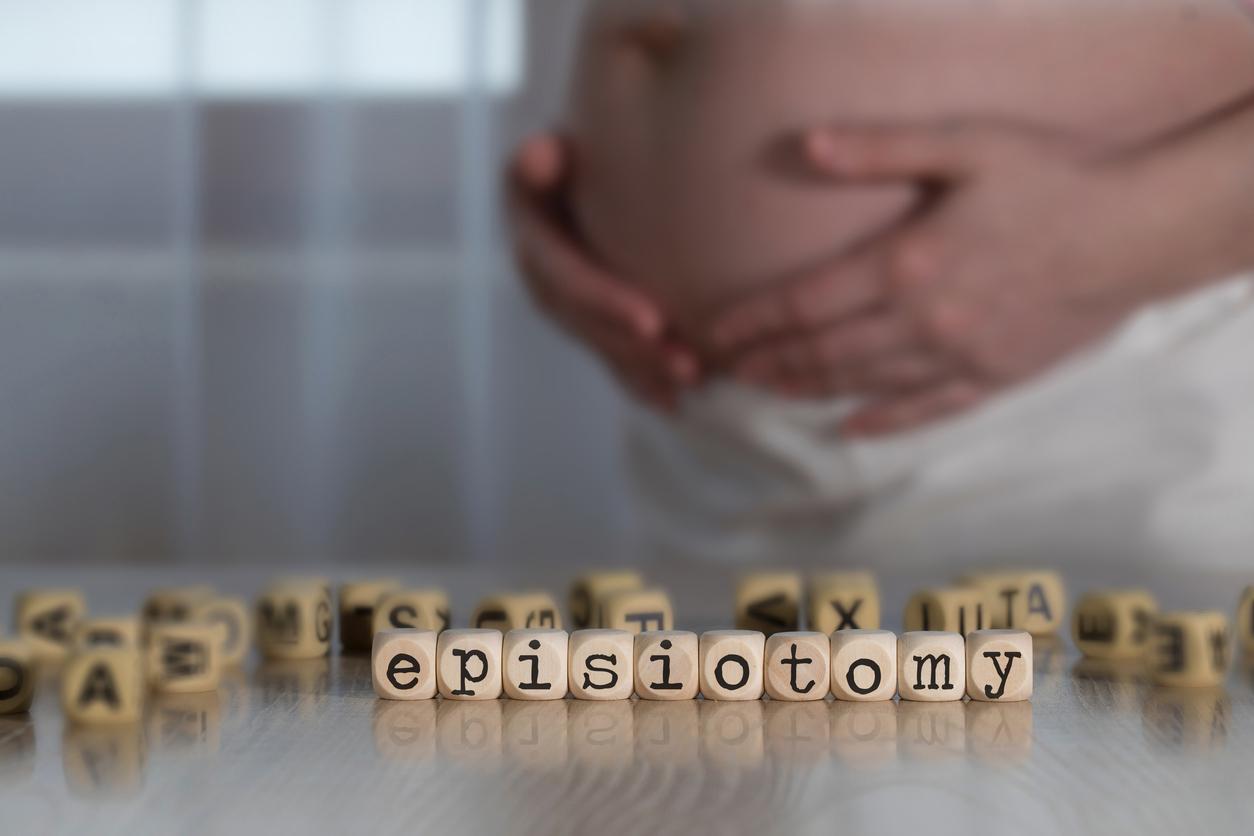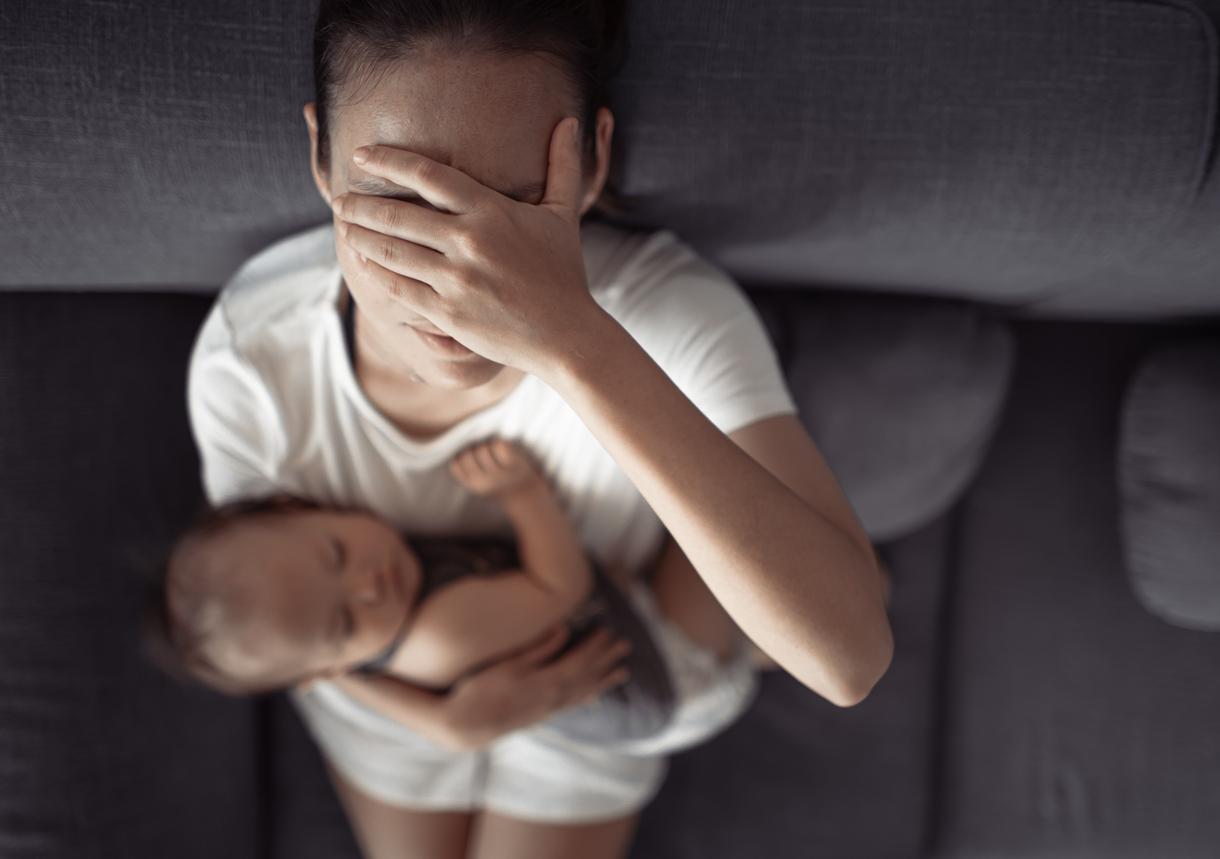Postpartum depression is an illness that affects many women after giving birth, and its consequences can be serious. However, it remains insufficiently discussed and often misunderstood.

- Postpartum depression affects approximately 10-20% of women after giving birth.
- Symptoms include intense sadness, overwhelming fatigue, and trouble sleeping.
- Medical and psychological support is crucial for management and recovery.
Postpartum depression (PPD) is a form of depression that occurs after the birth of a child. It differs from the “baby blues,” a temporary phase of sadness and fatigue that many new mothers experience in the days after giving birth. Baby blues usually last a few days to two weeks, while PPD can last for months if left untreated. This condition can occur any time in the first year after giving birth, but it most often manifests itself in the first few weeks.
Symptoms of postpartum depression can vary in intensity and include:
- Deep, persistent sadness: A feeling of melancholy that does not go away.
- Loss of interest in activities: What was once enjoyable may no longer be enjoyable.
- Crushing fatigue: A feeling of constant tiredness and lack of energy.
- Sleep problems: Difficulty sleeping even when the baby is sleeping, or on the contrary, sleeping excessively.
- Appetite changes: Significant weight loss or gain for no apparent reason.
- Feelings of guilt or worthlessness: Feelings of failure or of not being a good mother.
- Intense anxiety: Excessive and often irrational concerns about the baby or other aspects of life.
- Thoughts of harming self or baby: Frightening and intrusive thoughts that require immediate medical attention.
Causes of postpartum depression
The DPP results from several combined factors:
- Hormonal changes: Hormone levels (estrogen and progesterone) drop sharply after childbirth, which can trigger depression.
- Genetic predisposition: Women with a family history of depression are at greater risk.
- Stress of Motherhood: New responsibilities, lack of sleep, and adjustments to life with a newborn can be overwhelming.
- Previous mental health problems: Women who have previously suffered from depression or anxiety are more likely to develop PPD.
- Limited social support: A lack of support from a partner, family or friends can make symptoms worse.
Consequences of postpartum depression
Postpartum depression can have serious repercussions, not only for the mother, but also for the baby and the family:
- For the mother: Untreated PPD can develop into chronic depression, affecting the mother’s ability to care for herself and her child.
- For the baby: Children of depressed mothers may suffer from developmental delays, sleep problems and emotional problems.
- For the family: Family relationships may be strained, and the partner may also experience emotional distress.
Treatment and support
It is crucial to recognize the signs of postpartum depression and seek help quickly. Treatment options include:
- Therapy: Cognitive behavioral therapy (CBT) and interpersonal therapy (IPT) are effective in treating PPD.
- Medication: Antidepressants may be prescribed, especially if symptoms are severe. It is important to discuss options with a doctor, especially for breastfeeding mothers.
- Social support: Talking about your feelings with friends, family or support groups can provide significant relief.
- Self-care: Taking time for yourself, getting enough sleep, eating healthily, and engaging in light physical activity can help improve mood.
















